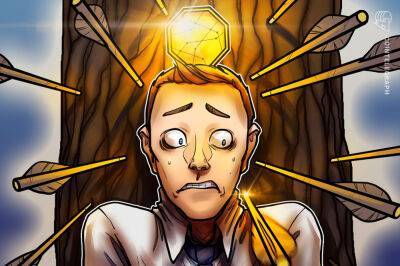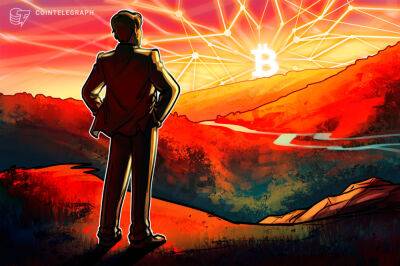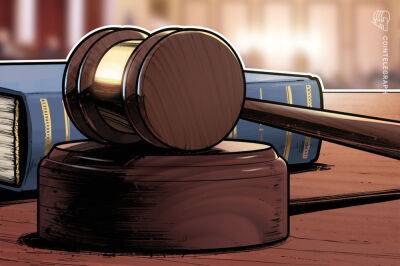I sold the rights to my songs to buy a farm – now I’m trying to change the way food is grown
On the way back from a gig 15 years ago, I read an article on the environmental consequences of food production. It made for sobering reading, and ended by saying: “If you don’t like the system, don’t depend on it.” I was inspired to transform our garden in France into a vegetable patch in a quest for self-sufficiency. This quickly escalated, and I ended up selling the rights to my songs with Groove Armada to buy a farm nearby. After 12 years in the agricultural school of hard knocks, what we learned there is now being applied on a National Trust farm near Swindon for which we were awarded the tenancy last year.
Back in France during last month’s heatwaves, the effect on the landscape was devastating. Spring-sown crops, hanging on after very little rainfall and unrelenting sun, will, for many, not be worth harvesting. Looking over the parched valley, veiled in wildfire smoke drifting up from the coast, I made a throwaway remark to some farming friends about planting olive trees to cope with increasingly regular episodes of intense, dry heat. One replied that there was in fact a meeting that evening about the creation of a Gascon olive oil collective. The shift in weather patterns over the past decade has been incredible. Farmers feel the effects immediately; we are gardening without a hosepipe.
Postwar farming practices have played a significant role in getting us here. Soil is by far the Earth’s biggest carbon store outside the oceans – it holds more than all the world’s plants and forests combined. Since the beginning of agriculture, soil has lost about 8% of its carbon, creating up to 20% of human-made CO2 emissions. Soil carbon is crucial for the retention of water. According to the US Department of Agriculture, this
Read more on theguardian.com

 theguardian.com
theguardian.com

















